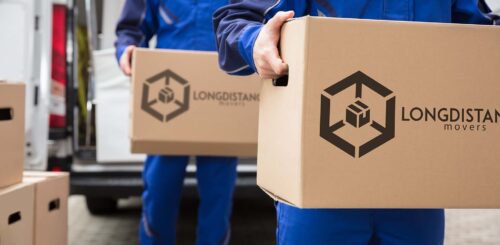How much time and energy do you spend searching for an important document in your home that wasn’t where you thought it should be? When planning a move, it is essential to know how to organize important papers before packing everything, especially if you are relocating to a new state. Those documents that are no longer needed can be shredded before moving and packing, but there are items you have to keep for a while, which means you have to carry them along. If you create a sustainable system, it can be easier than it may seem at first.
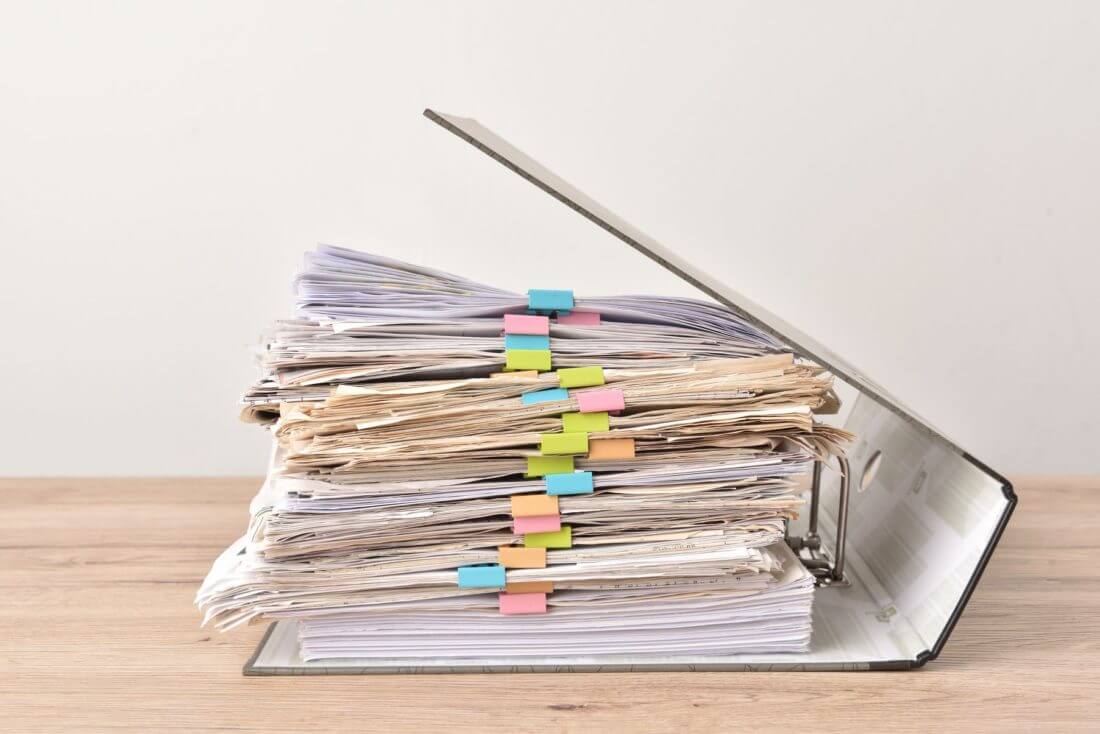

Tips on How to Organize Important Papers
While making a packing schedule, make sure you keep track of all the documentation that you need to gather. The best way to organize each document is to buy a filing cabinet, a hanging file box, or create a moving binder with tab inserts. You can use color markers to differentiate each document by type for easier access. The tricky part is gathering them in one place and making a selection of what should be discarded and what has to be kept. But, if you create several piles and organize them by type, it shouldn’t be that hard.
Store All Important Paper Documents in One Place
Since we tend to put each document in a different place, locating all of them before getting moving services can be difficult. So check all the drawers, tables, bags, and other places where you used to put any paper or document “for now”. Find a table in your home where you can create piles of paperwork according to type, or simply put them on the floor. You can start sorting them as you gather them to facilitate the process. Finish the job without getting distracted by other tasks. That way, each vital paper will be stored in one place and available if needed.
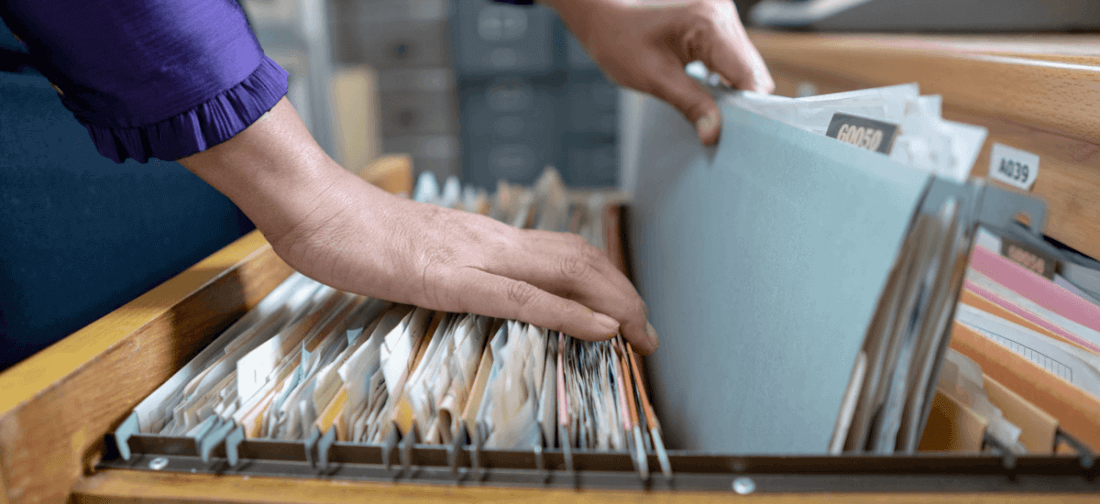

DIY Storage Tips
If you want to avoid spending money on ready-made filing boxes or professional storage, there are many ways to create free, DIY storage for anything. You can use your imagination to make DIY boxes out of cardboard and folders out of paper or use plastic bins instead of a filing cabinet.
If you keep each item in a file folder rack, you can secure it with plastic wrap and just place it in a moving box. The same applies to binders. A bonus benefit is that you will be recycling old materials and taking care of the environment. However, make sure you don’t keep anything important in your furniture because it might get lost during the move.


Creative Ideas on How to Store Each Paper
There are many creative storage ideas you can use. You can create color-coded binders yourself by using old small-sized boxes which you can label with color stickers. Regular boxes can be converted into filing cabinets if you divide them into several parts with cardboard cut on one side for easier access to each document.
Create a Filing System for Your Papers
The best system is to divide all the paperwork into two basic categories, Current and Old – which can later be divided into more subcategories according to type. Any current paper must be easily available, while old ones can be placed somewhere for future reference if needed.
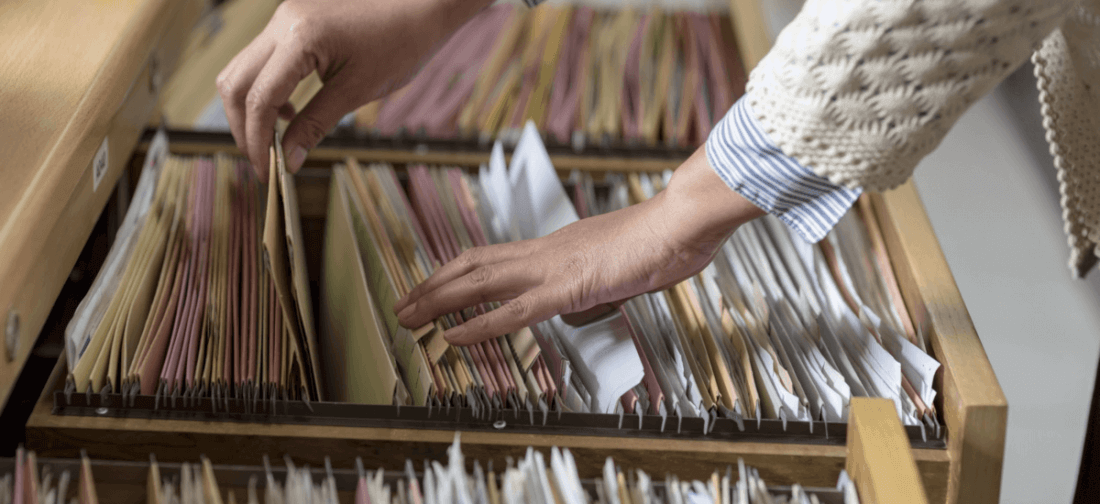

Set up an Archive File for the Entire Filing System
The archive should contain the most important paperwork, such as:
- deeds, tax returns
- contracts
- leases
- passports
- social security cards
- life insurance
- academic records
- employment records
- medical records
- baptismal certificate
- retirement documents
Put them separately in labeled folders which you will place in a box or a binder. Arrange them by dates so that the new ones are in the front.
The folders should be labeled according to basic categories, such as:
● Financial
● Employment
● Academic
● Insurance
● Health
● ID
● Real Estate
● Car
● Others
When sorted into these categories, it’s best to keep them arranged in alphabetical order. The ID file should be placed in the front because you might need your passport, social security card and birth certificate/marriage license more often. In fact, given the importance of each document, you can store them in a security box.
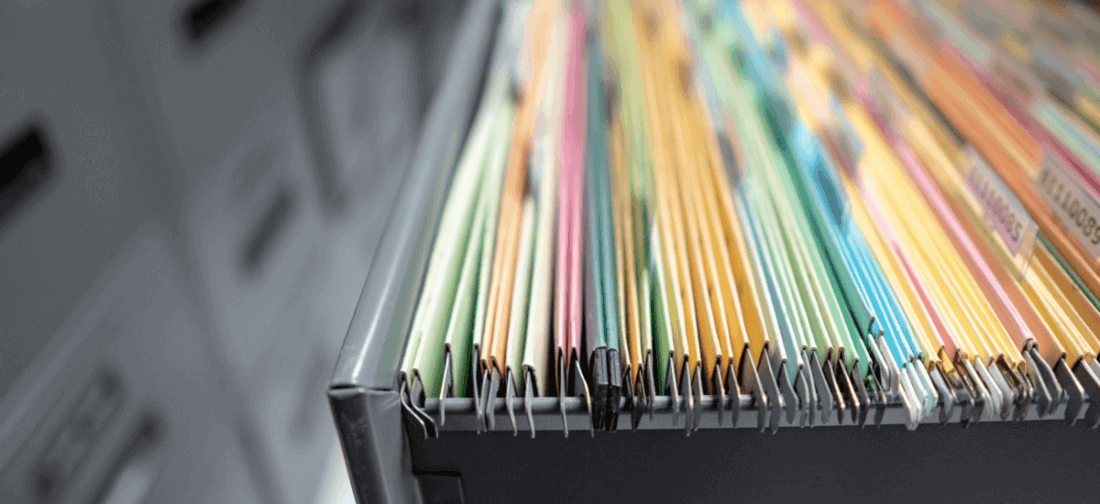

How to Best Categorize All Papers – A Few Examples
You should find the best way of categorizing if you want to manage your paperwork easily. Here’s an example:
- Archive– those that you have to keep but do not need often, such as deeds, contracts, leases, tax returns, academic and medical records
- Household– those you use daily such as recipes, coupons, user manuals
- Action– those you use and discard, such as reminders, invitations, parking tickets
- Recycle– anything without personal information, such as newspapers, ads, leaflets
- Shred– those that contain personal information and are outdated such as old bills or bank statements
Another way of categorization can be:
- Property– deeds, mortgage, taxes, home insurance, home inventory
- Health– health insurance, prescription lists, medical receipts
- Car– insurance policies, maintenance records
- Finances– bank statements, loans, credit card statements
- Electronics– mobile phone contracts, electronic device warranties and manuals (if you haven’t thrown out or donated any of the appliances), bills from cable and internet
- Personal– birth and marriage certificates, social security documents, passports
- Pets– pedigrees, vaccine information, health-related documentation for moving with pets
Keep Any Vital Document Separated
You should separate things that are difficult to replace and that contain sensitive information, such as insurance policies, wills, deeds, agreements, social security documents, birth certificates, etc. Perhaps it is best to store them in a fireproof safe or a safety deposit box but create a reference list first.


For How Long to Keep Certain Paperwork Before Throwing It Away
You should review each document you have a few times a year to see if any of them are outdated and should be discarded.
Papers You Should Keep For a Year
These would be expired insurance records, monthly mortgage statements, checkbook ledgers, paycheck stubs, and similar.
Documents You Should Keep For Five Years
Usually, those are bank statements, canceled checks, unemployment income stubs, medical bills or claims, taxable receipts, and so on.
Documentation You Should Keep Indefinitely
The most important ones are those you need to keep forever. Those include:
- deeds
- mortgages
- wills
- annual tax returns
Additionally, any legal document should be retained indefinitely, in a separate box. Among those are:
- birth and marriage certificates
- divorce paperwork and passports
- receipts needed for insurance
- power of attorney designations
- burial instructions, insurance policies
- medical records
- academic records and diplomas
- pension plan records
Make sure you keep all academic documentation near if you or your family member will head off to college soon.
Discard Documentation You Won’t Need
Documentation that has expired should be discarded, but ensure that the ones containing your personal information are shredded first.
Make Duplicates of Everything
It might be wise to create copies of each personal document – health insurance card, driver’s license, credit and debit cards, among others, and keep them along with any other vital document.


Make it Easy to Find Your File When You Need It
The point of organizing is to gain easier access to each document when needed. That is why you should figure out a way of labeling which will be simple to handle. Use colors and labels for better reviewing. You can also scan each document and save them on a hard drive.



